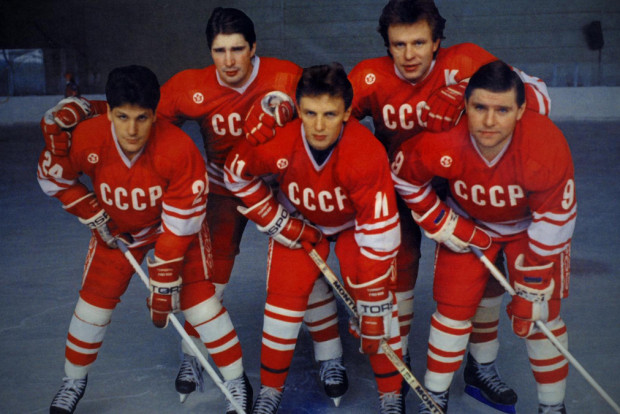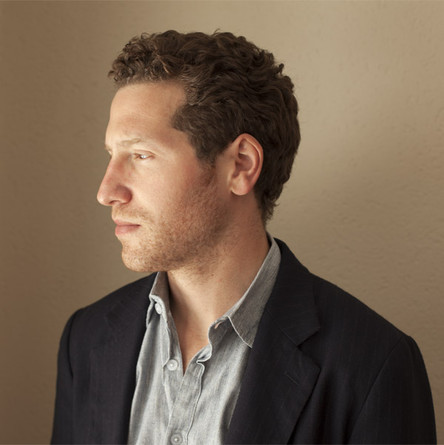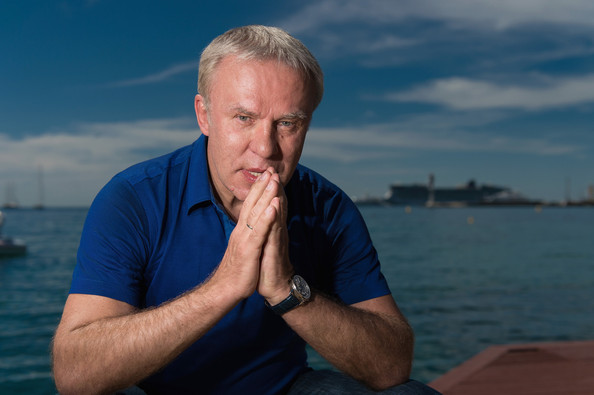Gabe Polsky’s bracing documentary, Red Army, which opens in Canada on Jan. 30, is about a great hockey dynasty, a legendary player and the rivalry between two superpowers.
The object of his movie, the Red Army ice hockey team of the 1980s, was one of the finest in the history of the game, winning a succession of world and Olympic championships, at a time when the Soviet Union and the United States were locked in a perennial geopolitical struggle for supremacy.

One of its stars, the defenceman Viacheslav (Slava) Fetisov, was a national hero and one of the first Soviets to turn professional and play in the National Hockey League.
Polsky frames Red Army within the context of the Cold War, which lasted from the end of World War II to the dissolution of the Soviet Union in 1991.
To the Soviet leadership, excellence in sports was a function of foreign policy — showing off what was claimed to be a superior political, economic and social system. An Olympic gold medal, or a first place finish in an international competition, was proof positive that Soviet socialism was better than Western capitalism.
As a result, the Soviet Union spared no expense to provide the Red Army hockey team with all the resources it required. Potential players were chosen very carefully. Fetisov, born in 1958 in a nation still scarred by the Great Patriotic War, was one of the few players who made the grade. His coach and mentor, Anatoly Tarasov, regarded hockey as an intricate and creative game. Inspired by his philosophy, Fetisov and other members of the team elevated hockey into something approaching an art form.

Tarasov’s successor, Viktor Tikhonov, who died recently, was a disciplinarian and tyrant who did not endear himself to the players, Fetisov says. After the team’s 4-3 loss to the United States at the 1980 Olympics, the regimen became even tougher.
In the wake of the 1988 Olympics, Tikhonov assured Fetisov that he would be able to leave the Soviet Union and play for the NHL. When that promise was revealed to be worthless, Fetisov left the team. The Soviet authorities agreed to give him an exit visa, on condition that he funnel 90 percent of his salary to the state. In a testy meeting with the Soviet minister of defence, Fetisov refused. Finally, he was permitted to join the New Jersey Devils. Subsequently, he played for the Detroit Red Wings.

Fetisov clearly set a precedent. Since 1989, more than 500 Russians have signed up with NHL teams.
Fetisov, who comes across as canny and determined, had a distinguished career in the NHL before Russian President Vladimir Putin appointed him minister of sports, a job he held from 2002 until 2008. Today, he’s a parliamentarian in the Federal Assembly of Russia.
Polsky tells this story with equal measures of gravitas and humour in a first-rate film.